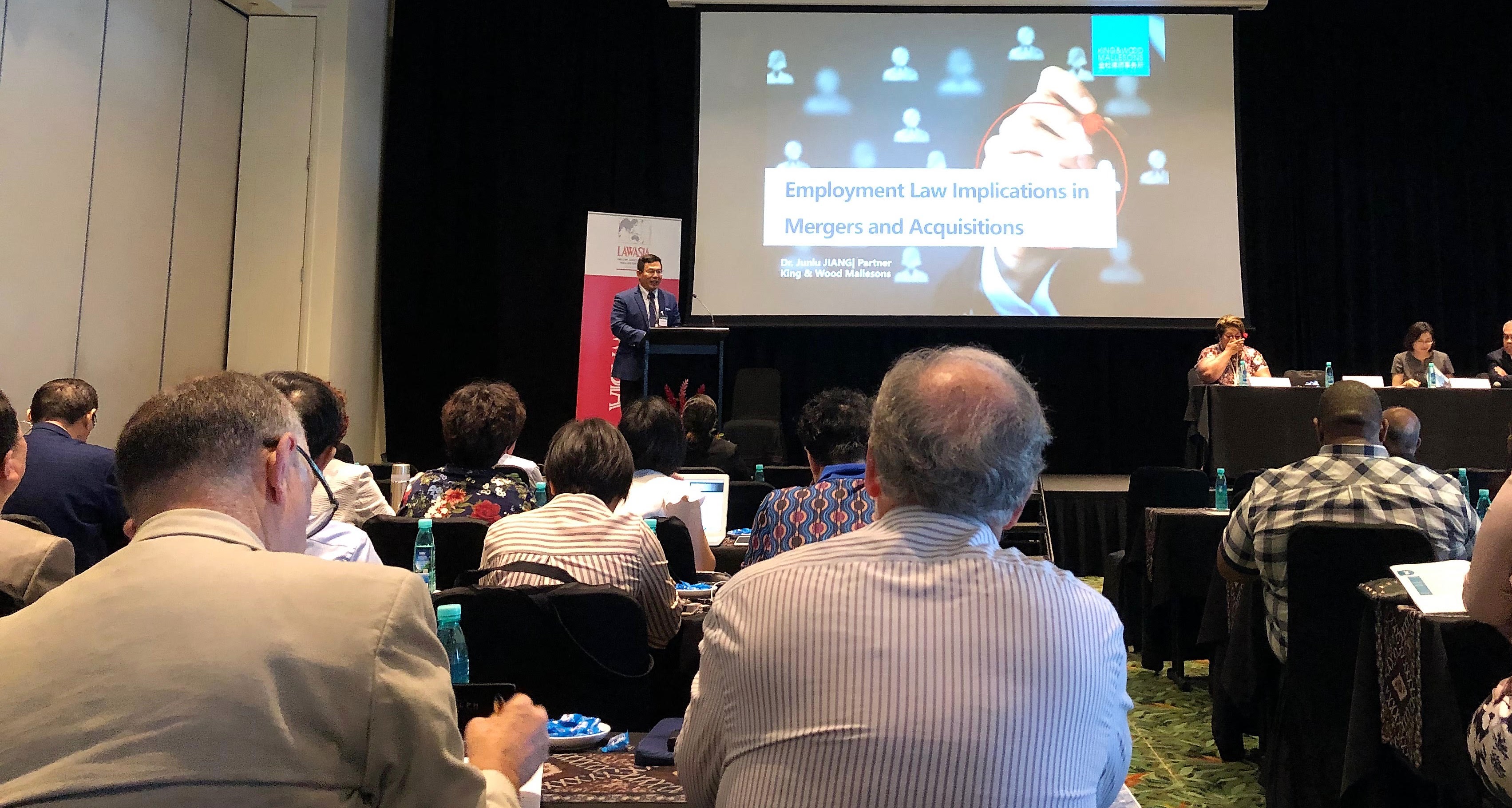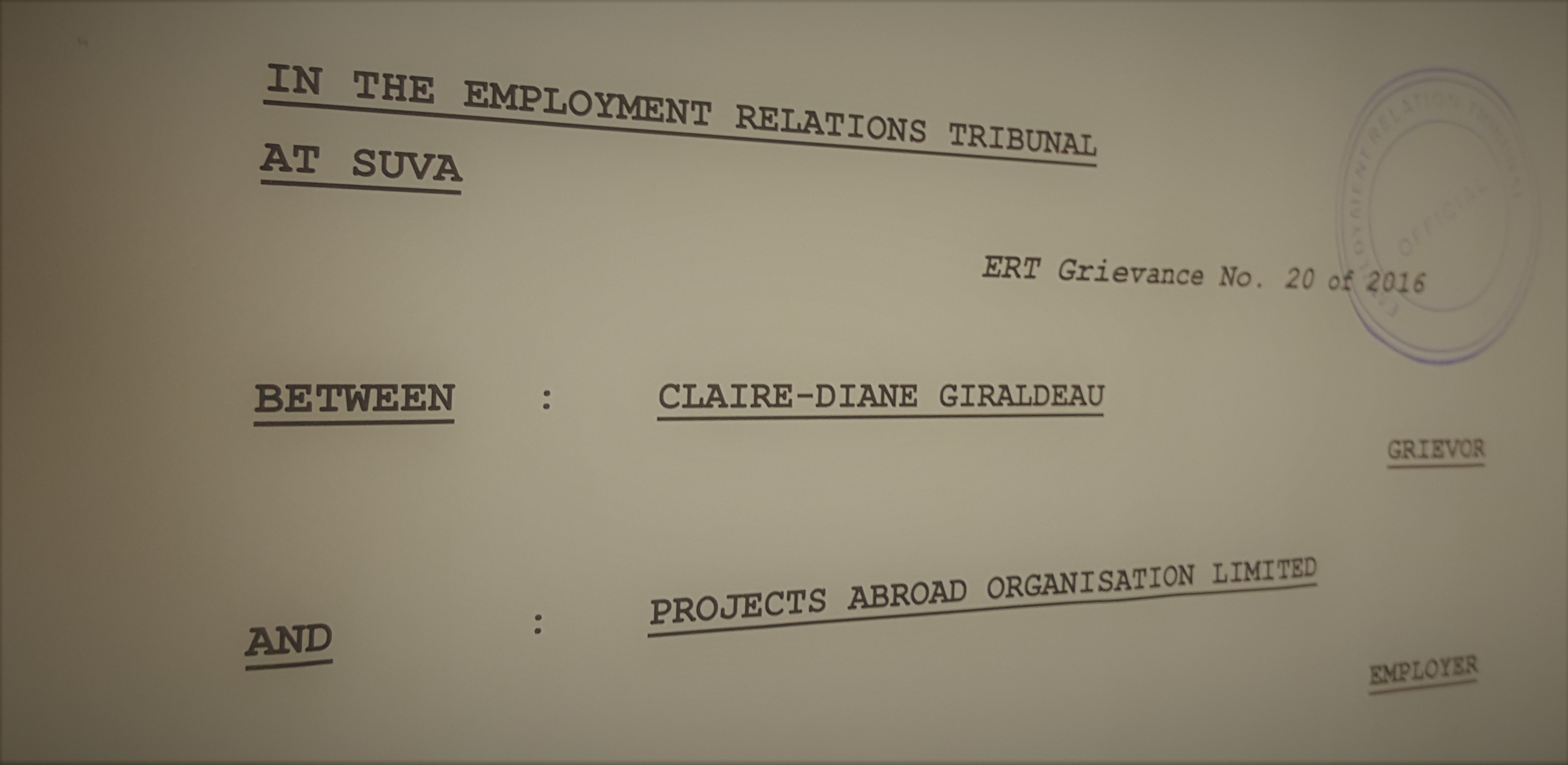Taking disciplinary action against an employee is perhaps the most challenging task for an employer. This is because in most cases of employee wrongdoing the employer must assume the technical roles of investigator, prosecutor and judge while owing an overriding duty to treat the employee fairly. The body of employment law in Fiji shows that employers can pay a high price for getting any of these stages wrong.
In this commercial law update, we consider the first stage of the disciplinary process - being the investigation to establish the facts of the matter. While in Fiji this stage is usually conducted by the employer, in other jurisdictions, like Australia, NZ, and Malaysia, an employer may seek a qualified third party to undertake an investigation.
In January 2019, the Fiji Law Society organised and hosted the LawAsia Employment Law Forum during which a senior employment lawyer, Mr Brian C Willamson distilled his many years of expert knowledge into a presentation about how to conduct disciplinary investigations to be “effective and fair”. While, it is likely that most employers due to limited resources and qualified investigators will still have to undertake their own investigations, Mr. Williamson’s detailed and expert knowledge provides valuable insights into this process.






